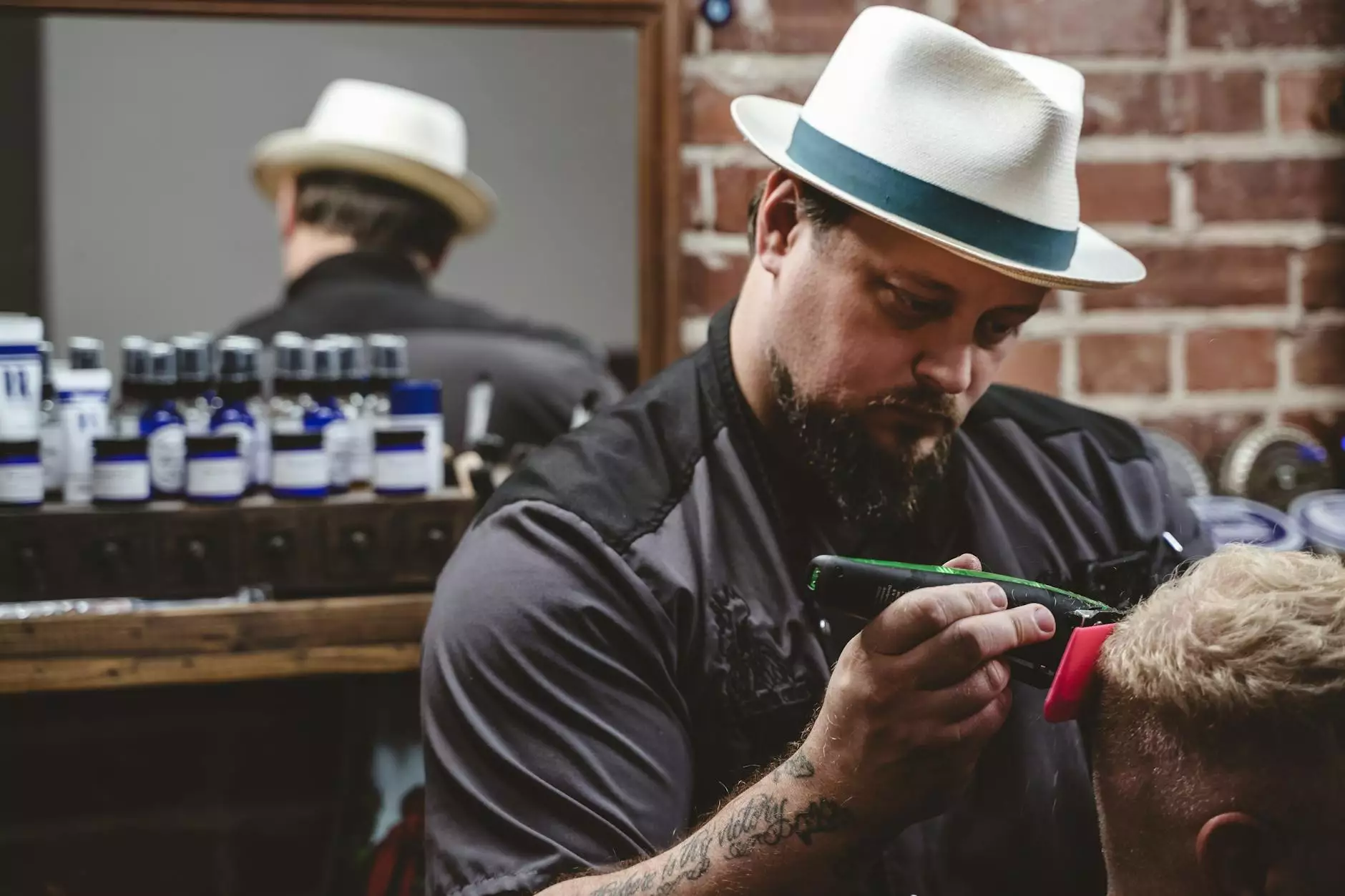Understanding Flea Shots for Puppies

The health and well-being of your new puppy is paramount, especially when it comes to preventative care. One significant aspect of this care is flea shots for puppies. These vaccinations play a crucial role in keeping your canine companion safe from the discomfort and potential health issues caused by fleas. In this comprehensive guide, we will delve deep into the essentials of flea shots, their benefits, and how they contribute to your puppy’s health.
What Are Flea Shots for Puppies?
Flea shots are often part of a broader vaccination and preventative health strategy for puppies. Unlike traditional vaccines that target specific diseases, flea shots typically refer to medications or treatments that protect against fleas and other parasites. This might include topical treatments, oral medications, or injections depending on your veterinarian’s recommendation.
The Importance of Flea Prevention
Fleas can be more than just an annoyance; they pose serious risks to your puppy’s health. Here are a few reasons why prevention is crucial:
- Health Risks: Fleas can cause skin irritations, allergic reactions, and can transmit diseases that may affect your puppy.
- Infestation: A few fleas can quickly lead to an infestation in your home, affecting not only your puppy but also other pets and even humans.
- Stress and Discomfort: Constant itching and biting can lead to stress for your puppy, impacting their overall well-being and behavior.
- Flea-Borne Diseases: Fleas can carry diseases such as murine typhus and cat scratch fever, which can be harmful to both dogs and humans.
Types of Flea Treatment Options
When it comes to protecting your puppy from fleas, several options are available. Here are the most common types of flea treatments:
- Topical Treatments: These are applied directly to your puppy’s skin and provide a quick solution to flea problems.
- Oral Medications: These are administered in pill form and work systemically to eliminate fleas.
- Flea Collars: Collars are a convenient option that can repel and kill fleas for several months.
- Injections: Some veterinary clinics offer injectable flea treatments that provide protection for a longer duration.
When Should Your Puppy Get Flea Shots?
Timing is essential for flea prevention. Generally, it is recommended that puppies begin their flea prevention regimen as early as possible, often starting as young as six to eight weeks of age. Here’s a typical schedule you might follow:
- 6-8 Weeks: Initial vet visit and commencement of flea preventative measures.
- 12 Weeks: Follow-up visits for vaccines and flea treatments.
- Regularly: Monthly flea treatments, as advised by your veterinarian.
Factors to Consider Before Flea Shots
Before administering any flea treatment, there are several factors to take into account:
- Age and Weight: Ensure that the treatment is suitable for your puppy’s age and weight, as overdosing can be harmful.
- Health Status: Discuss your puppy’s health conditions with your veterinarian to avoid complications.
- Environmental Factors: Consider how prevalent fleas are in your area and the likely exposure your puppy may face.
The Process of Administering Flea Shots or Treatments
The administration of flea shots or other treatments is generally straightforward and can usually be performed during a routine vet visit. Your veterinarian will:
- Assess your puppy’s health and any previous reactions to medications.
- Discuss the best flea prevention strategy tailored to your puppy’s lifestyle.
- Administer the appropriate treatment, whether it’s an injection, oral medication, or topical treatment.
- Provide guidance on follow-up treatments and monitoring for side effects.
Understanding Potential Side Effects
While flea shots and treatments are generally safe, it's vital for pet owners to be aware of potential side effects. Common side effects can include:
- Mild Irritation: Some puppies may experience localized irritation where the treatment was applied.
- Digestive Upset: Oral medications can sometimes lead to mild gastrointestinal disturbances.
- Allergic Reactions: Rarely, puppies may exhibit allergic reactions, requiring immediate veterinary attention.
Alternative Flea Prevention Methods
While flea shots are vital, complementing them with other prevention methods can enhance your puppy’s protection. Consider:
- Regular Grooming: Frequently brush your puppy to remove fleas and their eggs.
- Home Treatment: Using flea sprays and powders to treat your home environment.
- Vacuuming: Maintain a clean home through regular vacuuming, especially in areas where your pet spends time.
- Outdoor Care: Keep your yard tidy and free from debris that can harbor fleas.
Frequently Asked Questions (FAQs)
Do all puppies need flea shots?
Yes, all puppies should have some form of flea prevention. It’s essential even if they are not currently at significant risk, as fleas can quickly become a serious problem.
Can I use flea treatments for adult dogs on puppies?
It is not advisable to use treatments made for adult dogs on puppies without consulting a veterinarian, as the concentrations can be harmful.
How often should I treat my puppy for fleas?
Flea preventative measures usually need to be administered monthly, but follow your veterinarian’s recommendation for your puppy’s specific needs.
Conclusion: The Key to a Happy, Healthy Puppy
In conclusion, prioritizing flea shots for puppies is an essential step in ensuring a long and healthy life for your furry friend. Regular preventative measures, combined with attentive care and guidance from your veterinarian, will help keep your puppy free from the nuisances and dangers posed by fleas. By investing in comprehensive flea prevention now, you're not just protecting your puppy; you're creating a joyful, comfortable environment for them to thrive. For more information and high-quality care, visit us at Celtic Stark Kennels.









